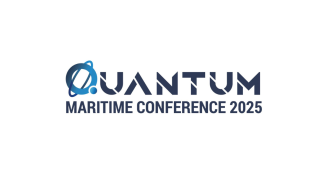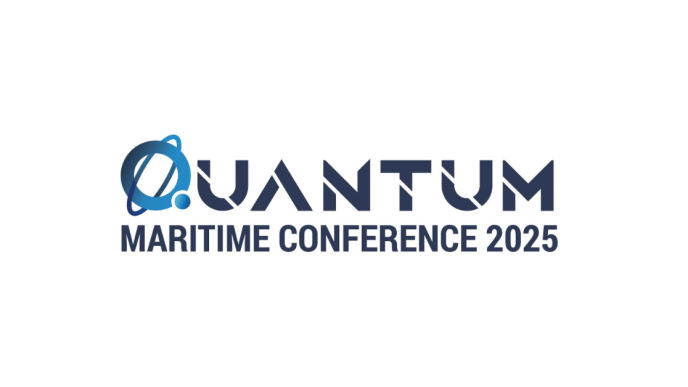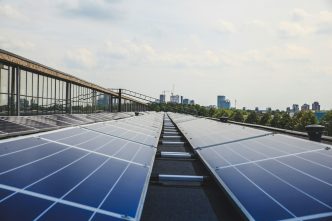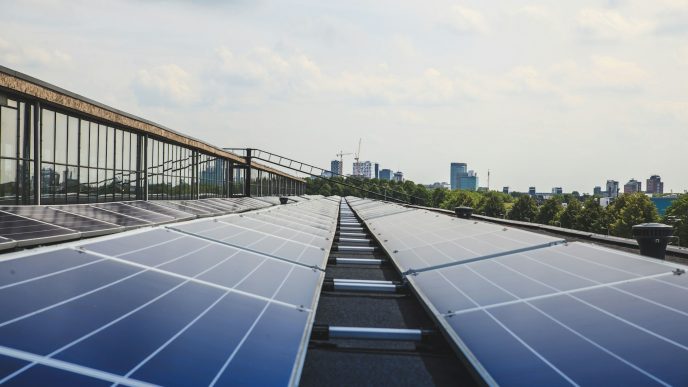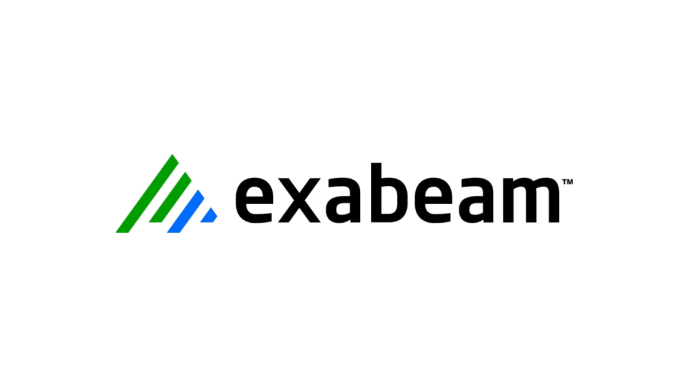One-third of energy professionals expected to retire within the next decade
A new global survey by the Association of Energy Engineers (AEE) reveals that three-quarters of energy professionals report workforce shortages, with the figure climbing to 90% in the Middle East and North Africa. The 2025 Energy Jobs & Market Trends Survey underscores a growing imbalance: demand for energy efficiency remains strong, yet there are not enough qualified professionals to deliver it.
Experts at Exergio, an AI-driven energy optimisation company specialising in commercial buildings, warn that it takes years to train new talent – but argue that advanced AI solutions can be deployed immediately to ease the pressure.
“The industry can’t hire its way out of this gap fast enough, it’s simply impossible,” said Donatas Karčiauskas, CEO of Exergio. “And that is why AI is the only lever we can pull today to make an immediate difference while new professionals are trained.”
The AEE report further highlights a looming retirement wave, with more than one-third of professionals planning to leave the workforce within the next ten years. In North America alone, nearly a quarter expect to retire within the next five years.
Meanwhile, demand for energy expertise shows no signs of slowing. Despite geopolitical and economic uncertainty, job opportunities for energy professionals remain stable. Karčiauskas warns that this “invisible bottleneck” is a significant factor in the global struggle to meet climate targets.
Companies across the industry are increasingly turning to AI-powered efficiency tools to close the gap. Karčiauskas notes that the trend is already visible in facility management practices.
“In the past, one manager with a team would run a single hotel. Now a single manager oversees multiple buildings. Digitalization is inevitable, but we need to speed it up,” he said. “When we built Exergio, we saw that waste was often due to poor management practices, not outdated hardware. That’s where algorithms can deliver instant savings and help buildings become more sustainable too.”
The AEE survey found that energy reduction remains the leading strategic priority for 81% of organisations — a consistent figure despite wider market pressures — yet almost half still lack a formal decarbonisation strategy.
For these companies, AI may offer a rapid first step, according to Karčiauskas.
“Much of what wastes energy in the buildings can be automated through AI tools with human oversight. It would free professionals to focus on strategic tasks rather than daily micro-management. You would be surprised to see how many operations are run badly, even in newly built assets – only AI can spot these issues.”
The report also highlights a shift in attitudes towards technology adoption. In 2025, 51% of respondents rated AI implementation as “extremely” or “very” important for driving efficiency.
However, long-standing challenges persist. Government funding constraints have become a growing concern, cited by 46% of respondents, while budgetary pressures have surged again to 73%, reversing improvements seen last year.
“With AI-based platforms, we’re solving two issues at once: the shortage of specialists and the high cost of deep renovations. Energy waste can be cut by up to 30% simply by letting algorithms optimise HVAC, lighting, and sensor systems. It’s far cheaper than tearing out hardware, and it works today. Especially when there are no experts to deal with it – we can’t just keep the buildings alone,” concluded Karčiauskas.


